God of War Ragnarök is a good game that tells a story of how people can change their fates and take control of their own lives. However, in the very early days of its development, a possible story was pitched for the PlayStation-exclusive sequel that went a different direction and involved death, loss, redemption, and a big ol’ time jump.
And yes, from here on out there are spoilers for the new God of War. Consider this your last warning if you haven’t played the game and don’t want anything about its actual narrative spoiled for you.

In an interview with MinnMax, God of War Ragnarök’s narrative director Matt Sophos and story lead Richard Gaubert explained that very early in the creation of the sequel, they pitched the idea of Kratos dying in his first fight with Thor.
“And so, [Kratos] was gonna die, and then it wasn’t a permanent death,” said Sophos. “What was going to happen—and I don’t care, we can tell this because it doesn’t happen anymore, so this is all fan fiction at this point—he would get pulled out of Hell, essentially, by [his son] Atreus.”
G/O Media may get a commission
However, the Atreus that would rescue Kratos from Hell wasn’t the same Atreus we got in the most recent two games. Instead he’d have been a lot older, with Sophos explaining that “20 years” would have passed in the world of the living, calling it a “big time jump-type thing.”
Of course, if you’ve played Ragnarök or read anything about it, you likely know this didn’t happen. Not even close. And that’s because, according to Sophos and Gaubert, when they took this early draft to the game’s director, Eric Williams, he wasn’t a fan of killing and reviving Kratos once again.
“[Director Eric Williams] was like, ‘I don’t want to do that, Kratos has died and come back from it too many times,” said Sophos. “And it’ll feel a little bit too, ‘oh, you said he was gonna die and oh, you just killed him, but he came right back!’”
Sophos added that all the emotion and the main hook of the story—seeing if Kratos and his friends could overcome the prophecy revealed at the end of 2018’s God of War—was missing in that proposed story. And Sophos agreed with Williams’ decision to go a different route with the sequel.
God of War Ragnarök’s actual ending, which sees Kratos survive the prophecy foretelling his death, also worked better with what the writers wanted to ultimately do, which was to say “fate and prophecy” is all “bullshit.”
“Nothing is written that can’t be unwritten, as long as you’re willing to make changes in your life then you’re not bound to fate,” said Sophos.
“And so when we landed on that, when we knew that was the story we wanted to tell, we knew that Kratos couldn’t die. Because then it would be like, ‘Well, are we just going to say that Kratos couldn’t change?’ And then that would suck, y’know?”


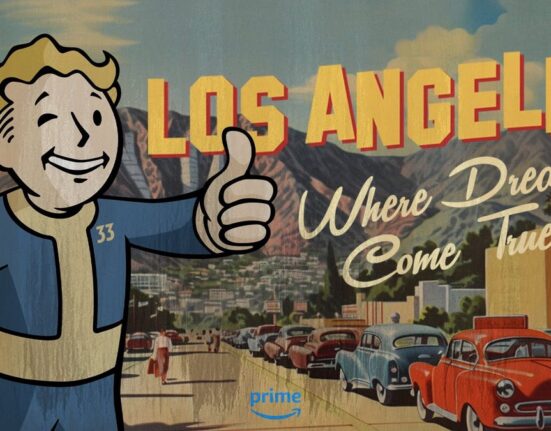
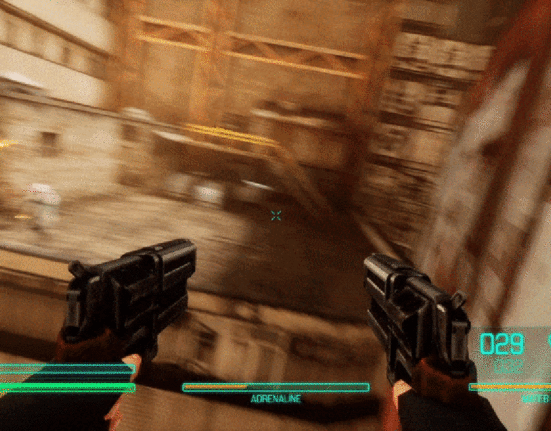
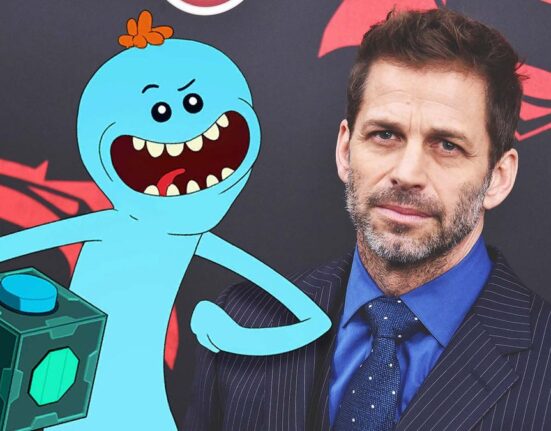
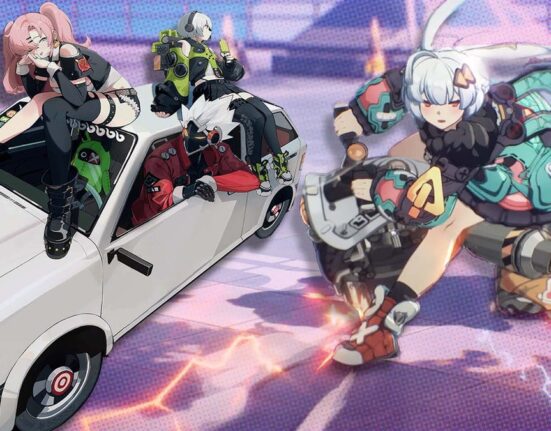
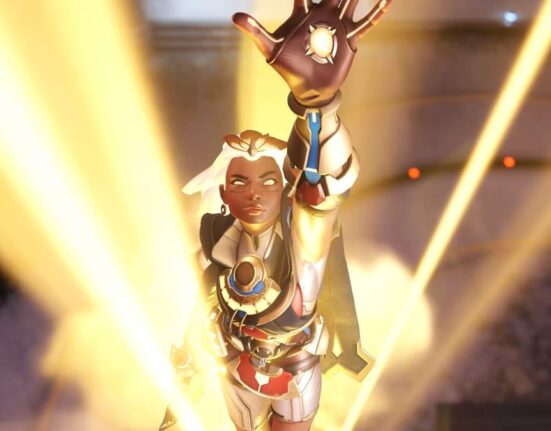
Leave feedback about this